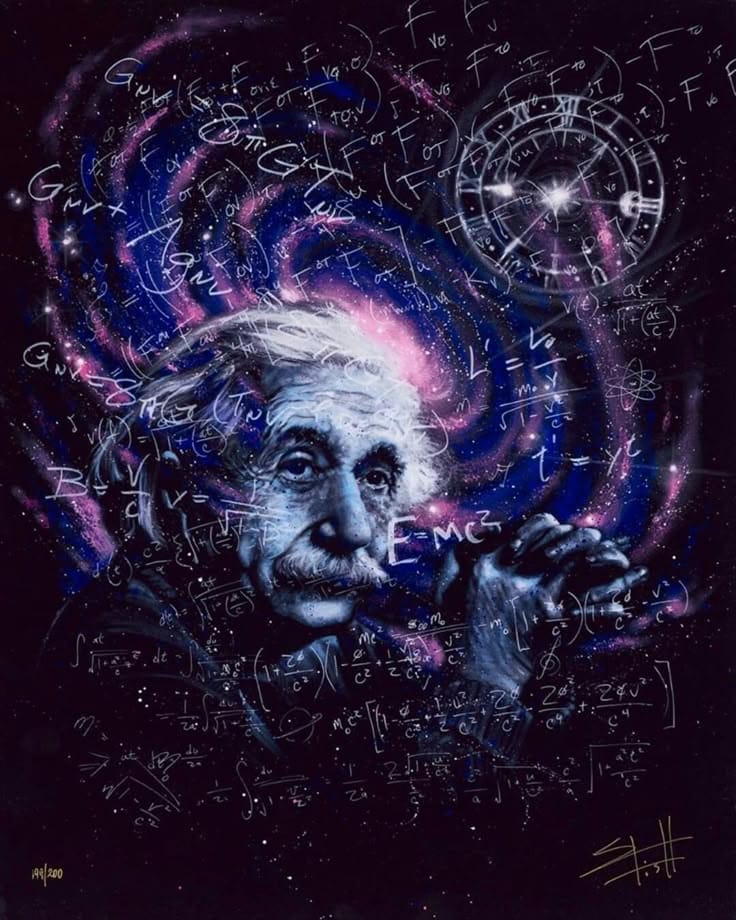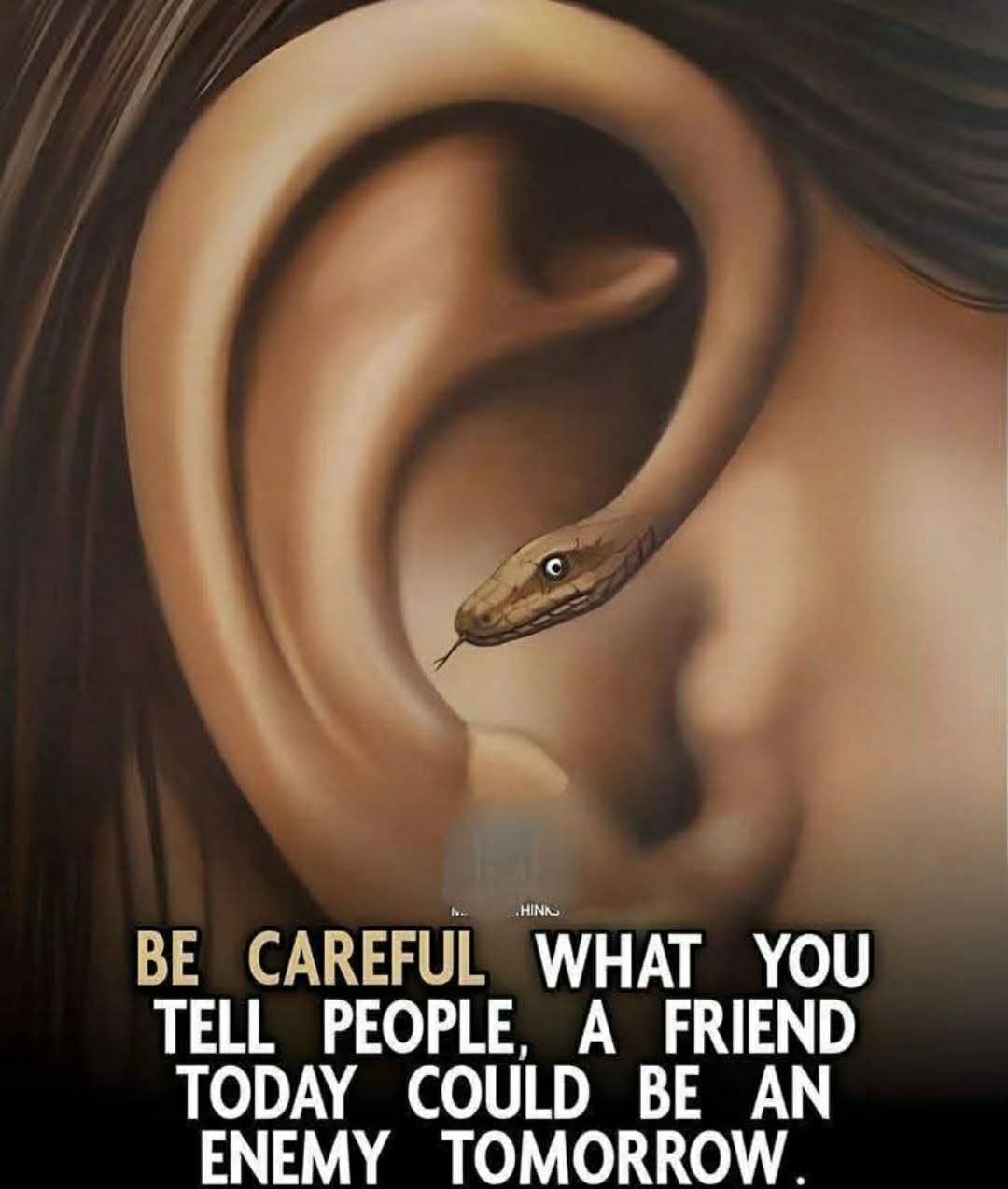
There’s a special kind of joy that comes from getting a joke that flies over most people’s heads. It’s not just about laughing — it’s about understanding, about catching the subtle reference, the linguistic twist, the sneaky logic or highbrow allusion that hides beneath the surface. It’s like being part of an exclusive club, where the password is intelligence, wit, and just the right touch of nerdy brilliance.
In an age where attention spans are shrinking and most comedy is built for mass consumption, these types of jokes are rare. They’re the kind of humor that makes you pause for a second, raise an eyebrow, and then break into a slow, satisfied grin. Because they’re smart. And being able to appreciate them isn’t just about being book-smart or having a degree — it’s about having that spark of curiosity, that instinct to connect dots, and the ability to play with ideas the way an artist plays with color.
So why do intelligent people love clever jokes so much? Psychologists have a theory. Cognitive scientists suggest that the brain gets a dopamine kick when it “solves” a joke — especially one that takes a second to process. That delay, that tiny moment of confusion followed by a burst of clarity, is like solving a puzzle. And intelligent minds crave puzzles. They don’t want everything spelled out — they want to chase meaning, dance with ambiguity, and laugh with insight. The deeper the reference, the bigger the reward.
And then there’s the social part. Intelligent humor is a subtle way of signaling intellect without being obnoxious. It’s how people say, “Hey, I get it too,” without having to actually say anything. Sharing these jokes becomes a secret handshake between thinkers, a bridge between personalities. And the best part? You don’t need to wear a tuxedo or speak five languages to be in on the fun. You just need to be willing to think.
Now, if you’re still reading, you’re probably someone who appreciates wit layered with meaning. So let’s take a walk through 22 hilariously clever jokes — the kind that make you smirk, maybe even pause to Google something, and laugh not just because it’s funny, but because it’s clever. Let the games begin:
- Three logicians walk into a bar. The bartender asks, “Three beers?” The first logician says, “I don’t know.” The second says, “I don’t know.” The third says, “Yes.”
– Logic at its finest. The first two don’t know if all three want beer, but their responses inform the third. - What’s the difference between ignorance and apathy? I don’t know and I don’t care.
– A classic play on words that defines itself. - Schrödinger’s cat walks into a bar. And doesn’t.
– Quantum mechanics humor: the cat is both alive and dead until observed. - Why did Karl Marx dislike Earl Grey tea? Because proper tea is theft.
– A pun on “property is theft,” a Marxist concept. - I told my wife she was drawing her eyebrows too high. She looked surprised.
– Visual humor meets wordplay. - The past, present, and future walked into a bar. It was tense.
– Grammar humor that’s all about timing. - How do you get a country girl’s attention? A tractor.
– A pun that’s all about pronunciation. - Parallel lines have so much in common. It’s a shame they’ll never meet.
– Geometry meets poetic tragedy. - Helvetica and Times New Roman walk into a bar. “Get out!” shouts the bartender. “We don’t serve your type.”
– Typography humor for the font-savvy. - Why don’t programmers like nature? It has too many bugs.
– Coding humor that’s all too real. - A logician’s wife is having a baby. The doctor says, “Is it a boy?” The logician replies, “Yes.”
– Logic and language collide. - A Roman walks into a bar, holds up two fingers, and says, “Five beers, please.”
– Roman numerals in action. - Why can’t atheists solve exponential equations? Because they don’t believe in higher powers.
– Math and belief systems intertwine. - Two atoms are walking down the street. One says, “I think I lost an electron.” The other says, “Are you positive?”
– Chemistry humor with a charge. - Descartes walks into a bar. The bartender says, “Want a beer?” Descartes says, “I think not.” And disappears.
– Philosophy joke: “I think, therefore I am.” - Einstein developed a theory about space. And it was about time, too.
– Relativity pun that’s relatively funny. - Why was Pavlov’s hair so soft? Classical conditioning.
– Psychology humor that rings a bell. - Why did the chicken go to the séance? To talk to the other side.
– Poultry meets the paranormal. - Never trust people who do acupuncture — they’re back stabbers.
– Sharp wit with a point. - I’m reading a book on anti-gravity. It’s impossible to put down.
– Science pun that’s uplifting. - What did the DNA say to the other DNA? “Do these genes make me look fat?”
– Genetics humor that’s in your genes. - Heisenberg, Gödel, and Chomsky walk into a bar.
– Heisenberg says, “Clearly this is a joke, but you can’t know if it’s funny or not.”
– Gödel says, “The joke is incomplete — you’ll need a reference from outside the system.”
– Chomsky says, “Actually, the joke is grammatically correct, but it doesn’t make any sense.”
– A trifecta of intellectual humor.
The brilliance behind these jokes is not just in the punchlines, but in how they’re structured. Many of them involve cognitive dissonance — setting up an expectation and subverting it in a clever, often academically referential way. That’s what tickles the brain. It’s like the humor version of solving a riddle, and science has confirmed that those who enjoy this kind of humor tend to score higher on verbal intelligence tests, pattern recognition, and abstract reasoning.
There’s also something deeper happening here. Humor is a psychological release valve — and for many intelligent people who often feel misunderstood, clever jokes are like oxygen. They connect us to others who think the same way. They give us permission to laugh not just at the world, but with it. And in that laughter, there’s a profound sense of understanding — like someone else out there sees what you see, thinks like you think, and isn’t afraid to make a joke that requires a little effort.
So maybe the real reason these jokes matter isn’t just that they’re clever. Maybe it’s that they remind us intelligence can be playful. That knowledge doesn’t have to be serious all the time. That wit and wisdom make the perfect pair. And that in a world that moves too fast and forgets too much, sometimes all it takes is a beautifully crafted punchline to make something — or someone — unforgettable.



